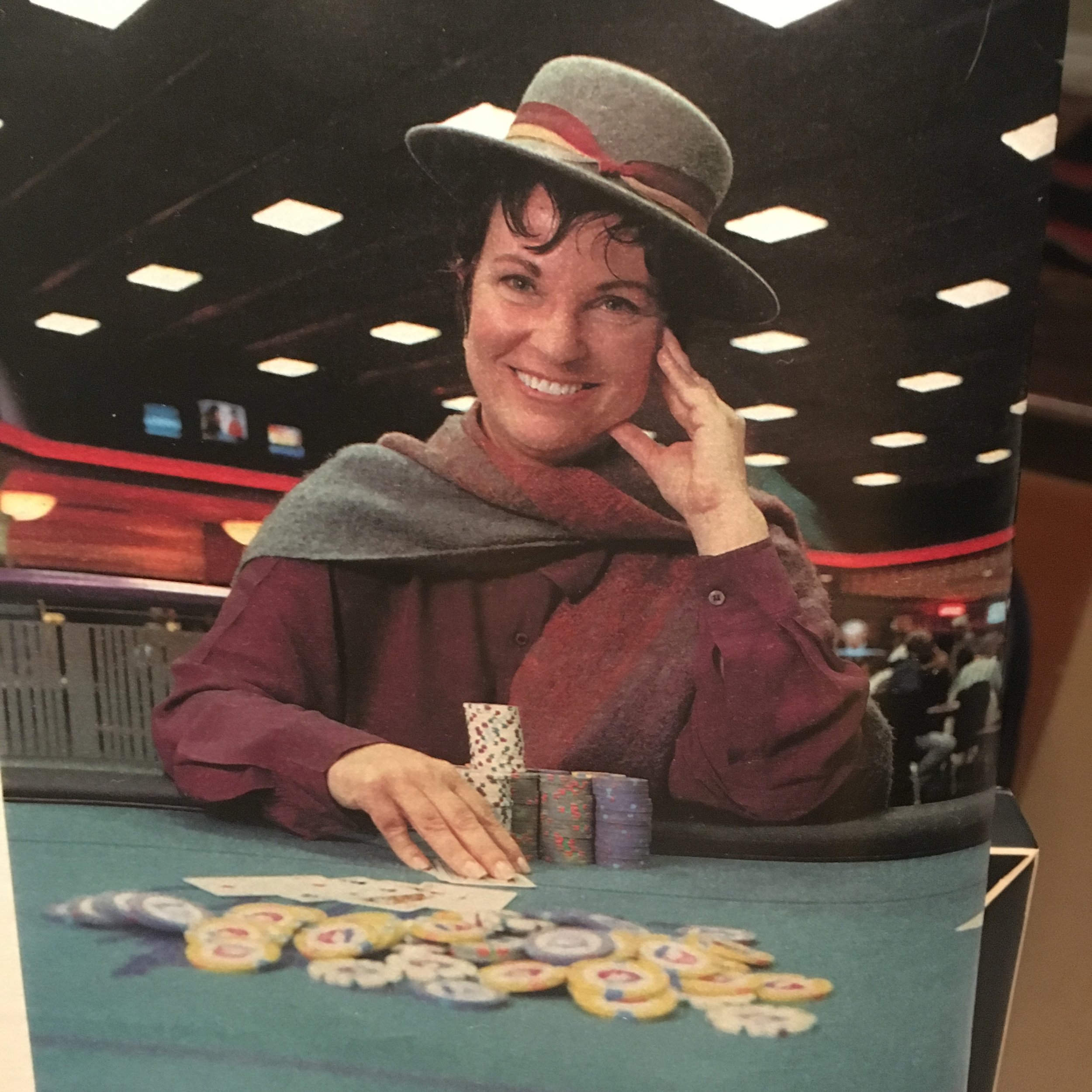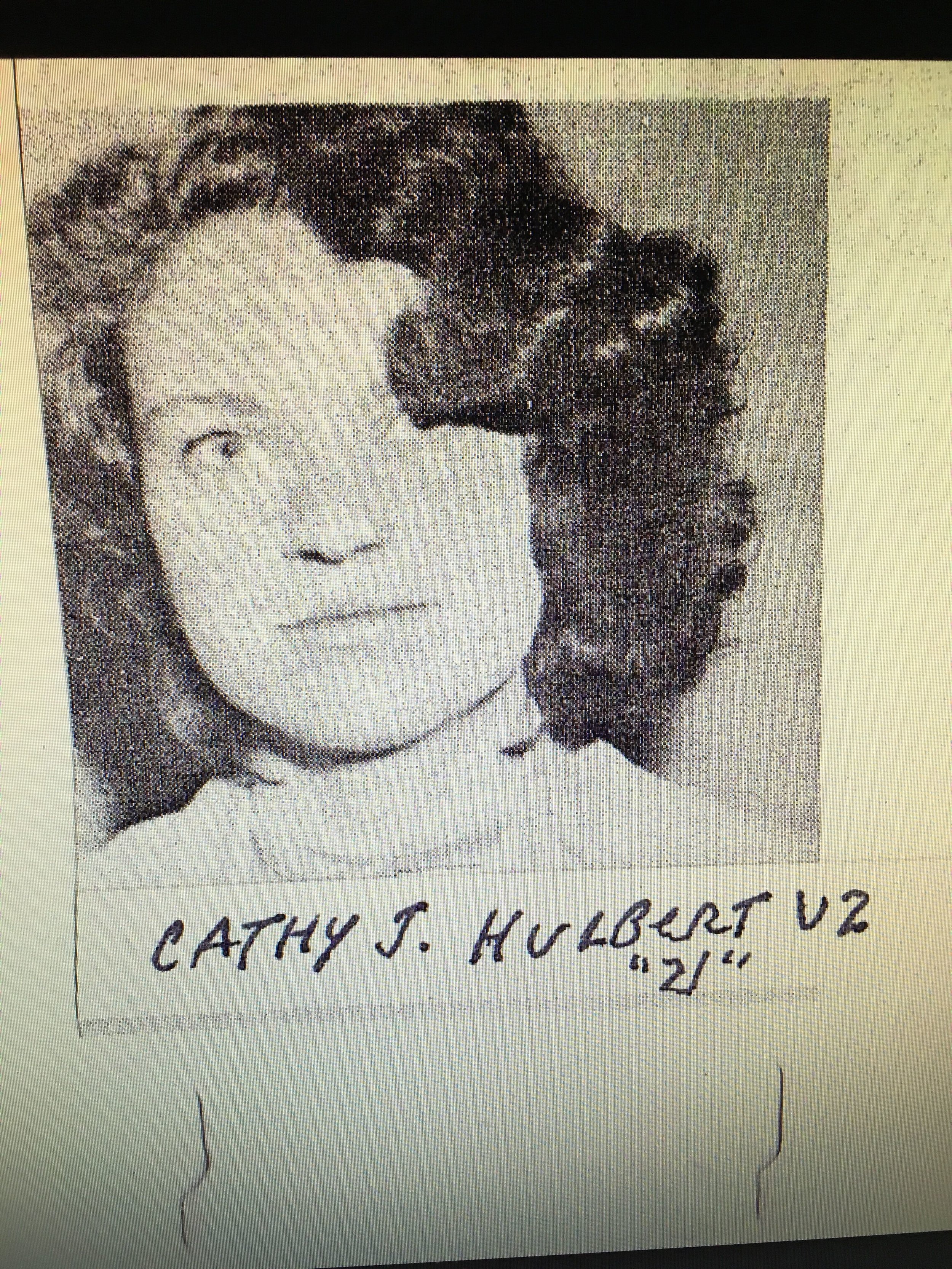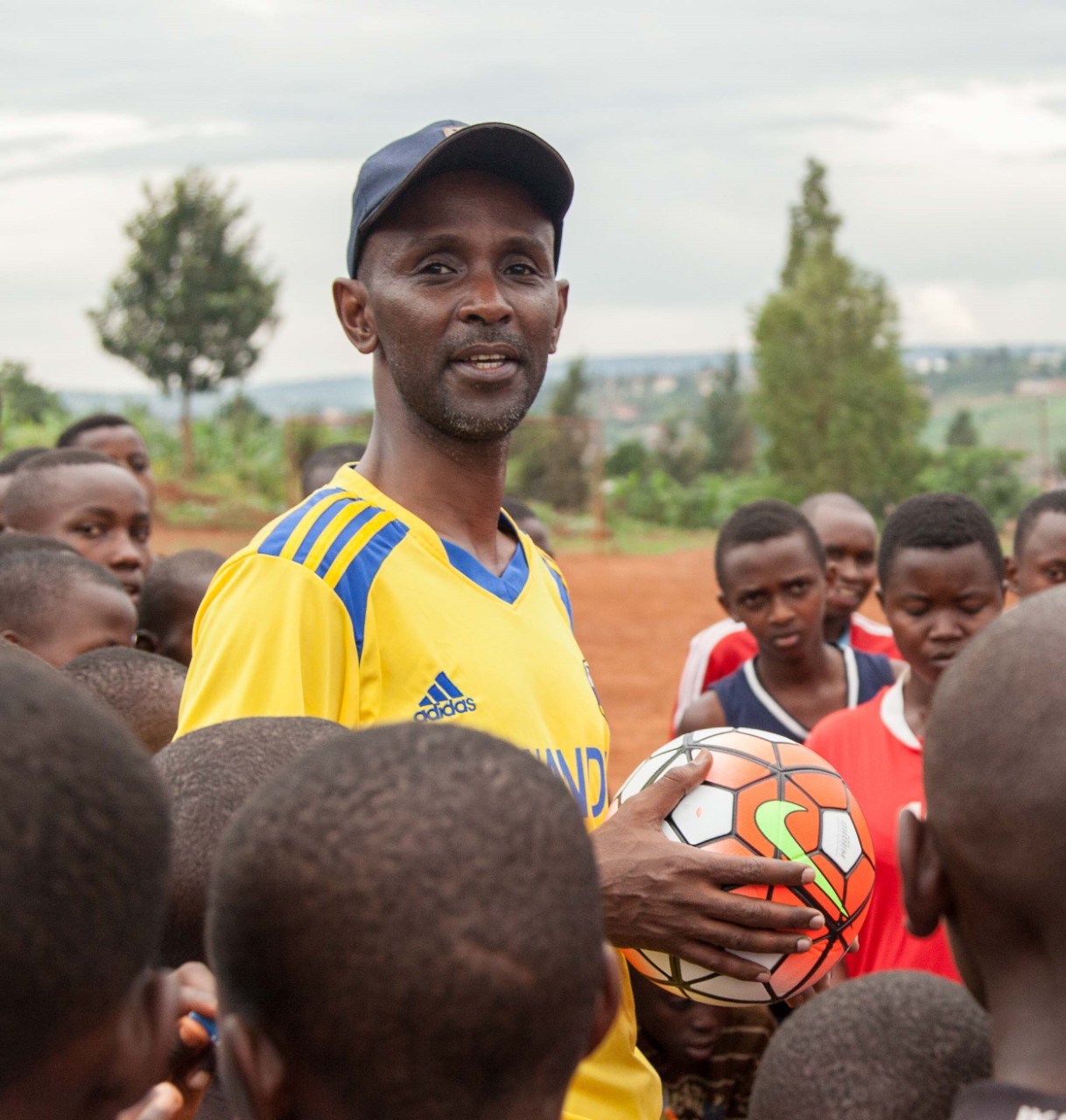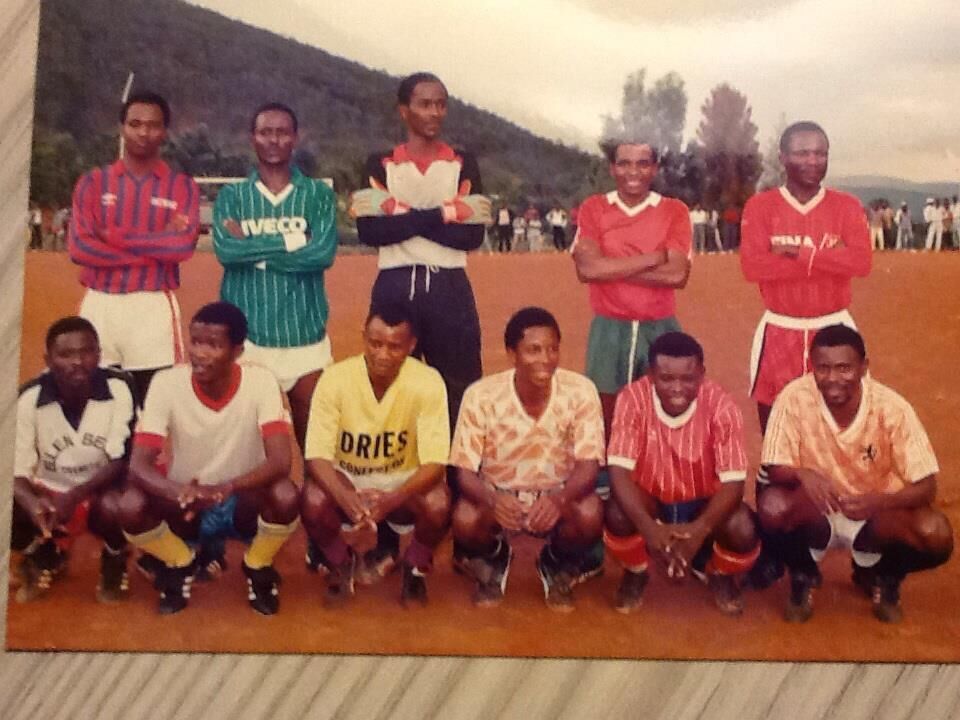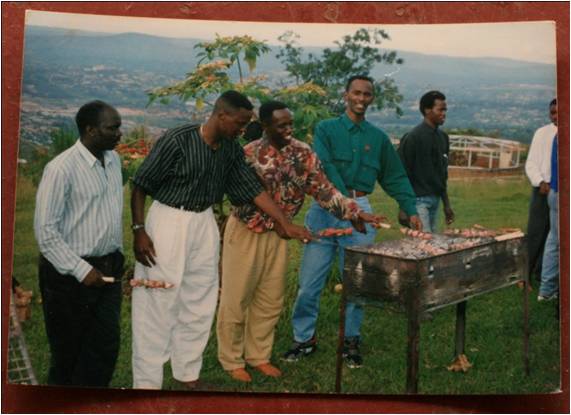
MESSAGE HEARD MEDIA HUB
Benched - Cat Hulbert on Gambling
Benched - Cat Hulbert on Gambling
From getting her first job in a Las Vegas casino to earning her place in an elite card counting gang, Cat Hulbert faced chauvinism at every turn during her professional gambling career. Overcoming the odds, she has now been called, the ‘best female gambler on earth’.
From getting her first job in a Las Vegas casino to earning her place in an elite card counting gang, Cat Hulbert faced chauvinism at every turn during her professional gambling career. Overcoming the odds, she has now been called, the ‘best female gambler on earth’. This week on Benched, we found out how she broke the glass ceiling in this notoriously male-dominated arena.
Cat started her career as a dealer behind the table, rather than playing at it - which is where she first noticed a ‘strategy’ being used behind some of the most successful blackjack players. As she dealt, she tried to figure out what it was they were doing. After finally asking one of the players, she was introduced to card counting.
She went on to successfully master the skills herself, become a top blackjack player and join notorious card counting gang, The Czechoslovakians. But it wasn’t exactly smooth sailing. It was originally thought that having a woman in the gang would be so unexpected that she would go under the radar, and the whole group would reap the rewards. The reality was very different, “No woman bet up to the stakes I did. It drew a lot of attention,” says Cat” As a result, she was arrested, back-roomed and barred from casinos many times - even making it into the notorious Griffith Book.
After blackjack, she went on to play poker at a similarly high-level, but the transition wasn’t easy. Not only did she have to master new tactics, but she also had to learn to keep her own emotions in check noting that, “Poker has an emotional quality that almost occupies 50-60% of the game … And because I’m bipolar, I’ve always fought with that.”
Today, retired from the professional game after a stint player virtual poker, she tells us the story of how she worked her way up to the top and what she makes of her life’s work looking back. Listen to Benched to hear the full story.
Benched - Liam Davis on Homosexuality and Football
Benched - Liam Davis on Homosexuality and Football
Football had silently ignored homosexuality - and homophobia - for decades. Today on Benched, we will reopen that conversation with our guest, Liam Davis, who was for a time England’s only active out player. He is interviewed by guest host and queer journalist Jasmine Andersson. Listen now.
Football had silently ignored homosexuality - and homophobia - for decades. Then in 1990, Justin Fashanu came out. But after facing years of abuse on and off the pitch, Fashanu committed suicide in 1998.
After that, there was silence again until 2013 when, then Leeds United player, Robbie Rogers, came out as gay and retired from professional football. Robbie’s coming out started an international discussion about the toxic environment football has created for gay players.
After him, two more footballers who played in England came out. In January 2014, the former Aston Villa, West Ham and Everton player, Thomas Hitzlsperger, came out in an interview shortly after he retired from the professional game. Shortly afterward, Liam Davis, a semi-professional for Cleethorpes Town FC, was outed by his local newspaper based on a series of supportive tweets he sent about Hitzlsperger.
With the media storm that surrounded these men - teams, fans and other players were presented with an opportunity to reckon with the reality of gay players and address homophobic culture on the pitch and in the stands. However, it’s been five years since, and no other male players in England have come out, and the conversation that Justin Fashanu and Robbie Rogers has started faded away once again.
Today on Benched, we will reopen that conversation with our guest, Liam Davis, who was for a time England’s only active out player. He is interviewed by guest host and queer journalist Jasmine Andersson. Listen now.
Benched - Kelly Naqi on the legend of Ali Dia
Benched - Kelly Naqi on the legend of Ali Dia
This week on Benched, we dig into what’s been called the biggest scam in British Premier League’s history - the swift rise, and even swifter fall, of Ali Dia.
This week on Benched, we dig into what’s been called the biggest scam in British Premier League’s history - the swift rise, and even swifter fall, of Ali Dia.
The popular legend goes a bit like this: in 1996, Southampton’s manager, Graeme Souness, received a phone call from someone claiming to be footballing superstar George Weah recommending the signing of his cousin, Ali Dia.
After being subbed in on a game against Leeds, Dia lived out the fantasy of millions by playing Premiership football, albeit not very well, for 43 minutes - before vanishing for decades.
In today’s episode of Benched, guest host Robbie Knox (Soccer AM) gets the story from Kelly Naqi, the journalist responsible for finally tracking Dia down twenty years after his Southampton debut (...and farewell).
Naqi is quick to point out it’s still not clear if this infamous, chant-inspiring event was a scam - or something much more innocent. She details how she finally found him due to an investigation that took her all the way to Sudan, only to end up back in London. Listen to the whole episode here, or wherever you get your podcasts.
Hey There, Sports Fans?
Hey There, Sports Fans?
Whilst, there are a lot of podcasts out there for fans - for people who want to obsess over stats and rehash the latest fixture - those that focus on the human stories are harder to come by.
9 of the Best *Sport-Adjacent* Podcasts
I love anything to do with American Football. Except watching actual American Football.
Friday Night Lights, Remember The Titans, Varsity Blues, Friday Night Lights, The Blindside, The Longest Yard, Friday Night Lights, Last Chance U - I can't get enough.
But, how many games have I actually sat through? Well…
You simply don't have to be a fan of the sport to be captured by the magic of it. In my case, the passion, the emotion, the way the game reflects and refracts the wider culture captured my imagination in a way I have never been able to shake.
So naturally, when I started listening to podcasts - I started looking for these types of *sport-adjacent* human-interest stories.
Whilst, there are a lot of podcasts out there for fans - for people who want to obsess over stats and rehash the latest fixture - those that focus on the human stories are harder to come by.
Screw the superstars - I want to hear about the underdogs, grafters and chancers. If that's what you're about too, here are 11 of my favourites:
1. Gladiator
An intimate investigation that goes beyond true crime tropes to comment on the systemic problems ingrained, from high-school to professional level, in the business and culture of American Football.
2. 30 for 30 — Bikram
A six-part investigation into the culty figure behind an internationally popular yoga movement. Think Wild Wild Country but with more stretching.
3. The Season
You can't help get behind the underdogs, a college team on a 21-game losing streak, in this fly on the wall documentary from 2015.
4. Backstory — Turf War
The American History Guys take us back through the origin and growth of College Sports. A very pertinent listen in the wake of the latest admissions scandal.
5. Against The Rules — Ref, You Suck!
Micheal Lewis (Moneyball, The Blind Side) kicks off a season-long exploration into the decline of referees in American life by taking listeners backstage at the American Basketball League replay center.
6. On The Shoulders of Giants — Throughline
Another historical take, but this time using past examples of protest by black sportspeople as context by which to see the current activism of NFL players like Colin Kaepernick.
7. Desert Island Discs — David Beckham
A British footballing legend relives some of his greatest sporting moments, and shows us his softer side, in the 75th-anniversary edition of this BBC radio staple.
8. This American Life — Those Who Can't Play
This short piece, only 6 minutes long, tells the story of an announcer who can bring audiences to tears with his commentary of football games. The twist: he's making the games up.
9. Radiolab — American Football
A look at American football past and future. The conflict many Americans feel about reconciling their love of the game with its increasingly well evidenced health risks is captured perfectly by a football fanatic mother and her no-so-interested son.
Any more recommendations? Let me know, I'm always on the hunt for new listens - emily@messageheard.com
P.S. A quiet plug for our own sort-of-sports show, Benched. If you're a fan of the shows above - we’d love to know what you think 💖
Benched - Kwame Acheampong is the Snow Leopard
Benched - Kwame Acheampong is the Snow Leopard
This week on Benched, Kwame Acheampong sits down to talk to Carl Anka, a sportswriter and broadcaster, about his journey. Listen to hear how Kwame achieved his dream through hard work, support from the people around him and, most importantly, his never waning belief that he could do it.
Kwame Nkrumah-Acheampong had a dream: to the Winter Olympics to compete with the world’s best skiers. But in order to get there, he had to become one of the world’s best skiers himself.
As a Ghanaian, he was underestimated at every step and regarded more as a curiosity than someone with a serious chance at Olympic success. He learned to ski at an artificial slope in Milton Keynes on a dare and from then on his journey didn’t get any less unusual.
In order to qualify for the Olympics, he had to be part of Ghana’s ski federation but the problem was that there wasn’t one. So he created it himself. He needed sponsorships so that he could afford to train in the years leading up to the Games. So he walked into EasyJet’s headquarters, asked for one and got three years of unlimited flying across their network (with no luggage limits). This is how he got things done.
This determination of his is what gained him worldwide attention and made him famous as the Snow Leopard. This determination is what eventually got him to the Olympics. And now, years later, he is putting all his energy into skiing once again. His goal is to make Ghana a skiing country and to make everyone at home fall in love with winter sports. In the meantime, he is also training the next generation of snow leopards for the next Winter Olympics.
This week on Benched, Kwame Acheampong sits down to talk to Carl Anka, a sportswriter and broadcaster, about his journey. Listen to the latest episode to hear how Kwame achieved his dream through hard work, support from the people around him and, most importantly, his never waning belief that he could do it.
Benched - Johnny Greaves is Boxings Biggest Loser
Benched - Johnny Greaves is Boxings Biggest Loser
Boxer Johnny Greaves fought 100 professional fights throughout his career and lost 96 of them – and he’s proud of it.
Boxer Johnny Greaves fought 100 professional fights throughout his career and lost 96 of them – and he’s proud of it.
As a journeyman, Johnny was essentially an opponent for hire. Promoters would pay him - generously - to fight their upcoming prize fighters helping them cut their teeth on the circuit, build their confidence and get some wins under their belt. “No one told you to lose as such,” Johnny told us, “but your just a cog in the wheel for these home fighters building their record.”
“For every winner, there’s got to be a loser - and I was that loser. But I got paid pretty well for it.”
It’s also not in the interest of journeymen to win their matches. It deters promotors booking you, and in some cases can cause you to lose gigs you’ve already got in the diary. As a journeyman, Johnny took home over £1000 a fight compared to many boxers who struggled to break even from box office takings.
However, whilst occupying the so-called away corner came with its benefits - like higher pay - it also took its toll physically and mentally. In this week’s episode of Benched, Johnny gives boxing expert and sports writer, Mark Turley, a no-holds-barred account of his time in the ring. Listen to his story here.
Want to find out more about British boxing and the journeyman tradition? This weeks guest host, Mark Turley, wrote about in this Telegraph article and his book Journeyman.
Benched - Eric Murangwa Was Saved By The Beautiful Game
Benched - Eric Murangwa Was Saved By The Beautiful Game
Football saved Eric Murangwa’s life. And, not in a metaphorical way. His success as a goalkeeper for Rayon Sport, one of Rwanda’s biggest teams, was all that stopped someone ready to kill him. In this episode of Benched, Eric is interviewed by fellow goalkeeper, coach and sports journalist David Preece.
Football saved Eric Murangwa’s life. And, not in a metaphorical way. His success as a goalkeeper for Rayon Sport, one of Rwanda’s biggest teams, was all that stopped someone ready to kill him.
In 1994, the president's airplane was shot down setting in motion a brutal genocide that lasted over 100 days. As part of the Tutsi minority targetted by the militias, Eric’s life was at risk.
Eric with Rayon Sport in 1992
When his house was raided, a soldier brandishing a machete noticed photographs of Eric is his kit surrounded by his teammates. The soldier realised Eric was, in fact, the young Rayon Sport goalkeeper who had been fondly nicknamed Toto. This was enough for him to spare his life - but Eric was not out of danger yet.
Relying on the help of his Hutu teammates, Eric was moved from place to place - even spending time in the notorious ‘Hotel Rwanda’ before finding relative safety with help from the UN.
In this episode, Eric is interviewed by fellow goalkeeper, coach and sports journalist David Preece.
Listen to the full episode now to hear more about Eric’s incredible journey, his unwavering love of the game and how he’s now using football to help young Rwandans recover and reconcile with his foundation, Football for Hope, Peace and Unity.



